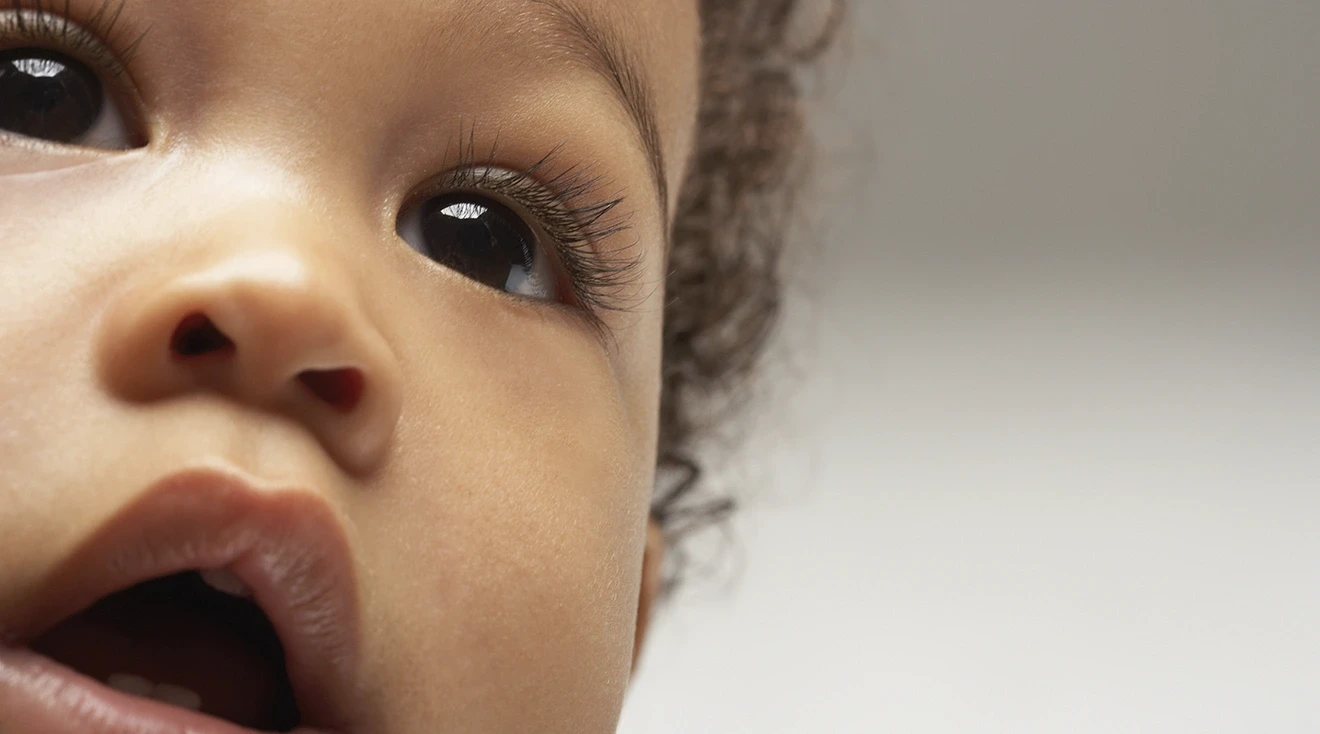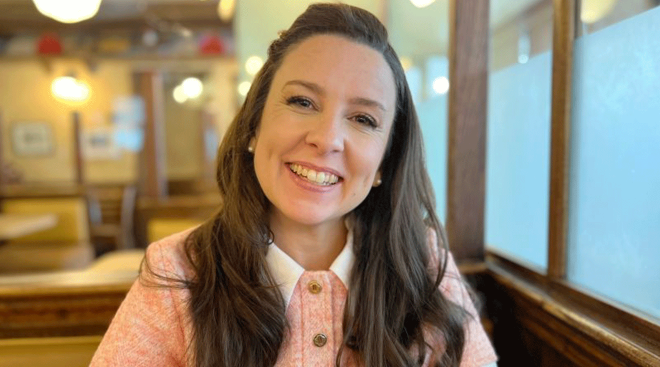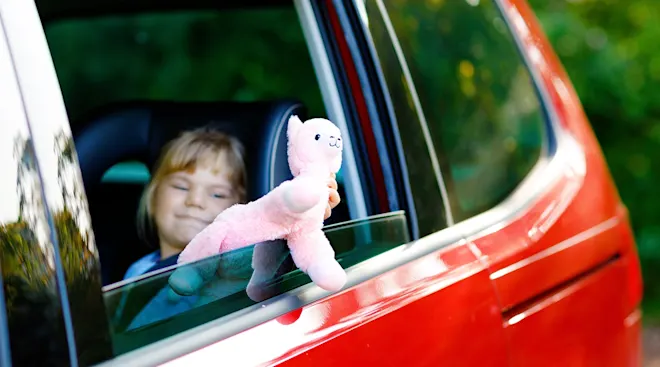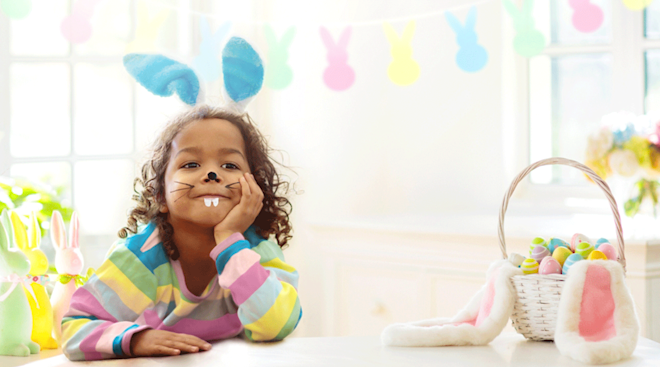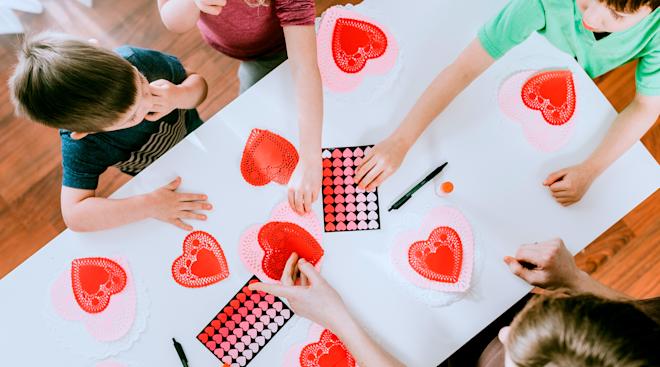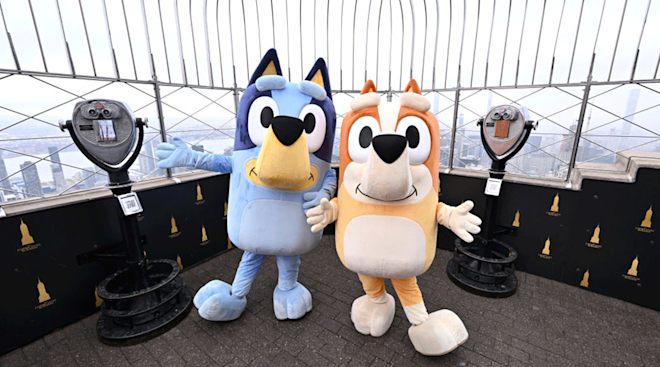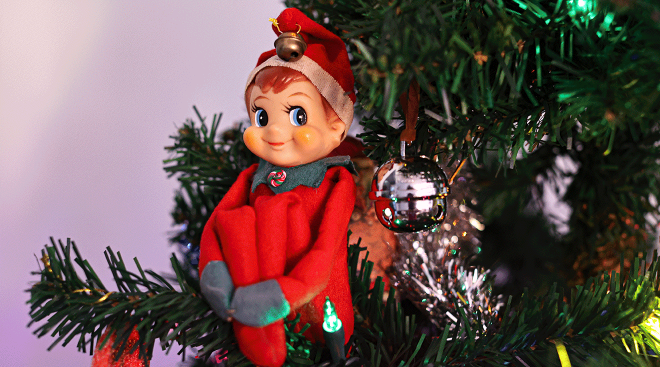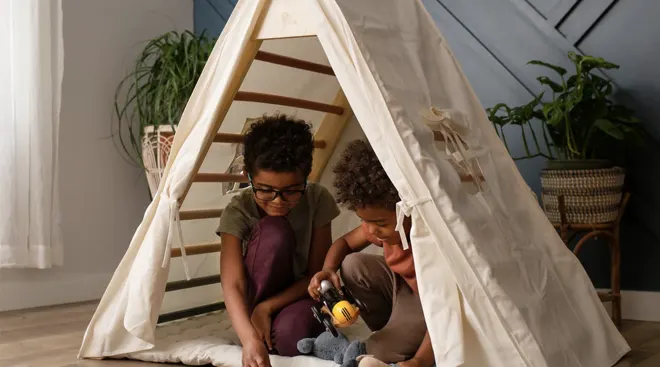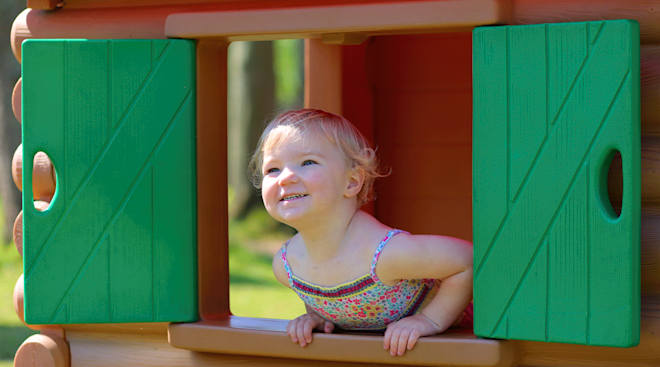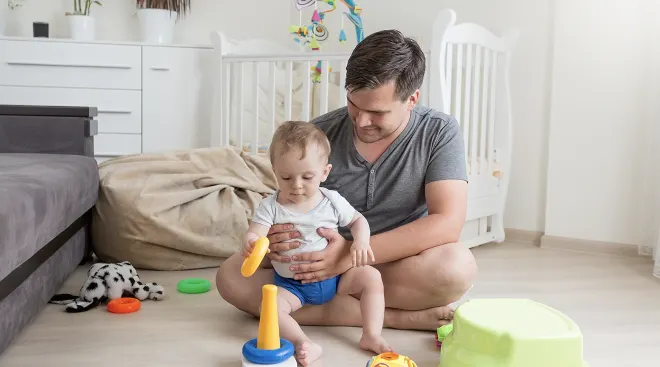The Most Curious Babies Become the Smartest Learners, Study Says
According to a 2021 study from Johns Hopkins University, the most curious babies become the most curious toddlers—and it could predict their future cognitive abilities.
The first-of-its-kind study was published in Proceedings of the National Academy of Sciences and suggests baby’s level of interest remains constant over time. The researchers looked at 65 babies over a period of time. At 11 months old, the babies were shown a toy that behaved normally, while others seemingly saw the toy pass through a wall. After six months, the babies, now 17 months old, saw either a new toy that behaved normally or a toy that seemed to float in mid-air.
“We found babies who looked really long at magical objects at 11 months were the same babies that looked really long at magical objects at 17 months,” lead author and Johns Hopkins graduate student Jasmin Perez said in a release. “Babies are affected by these magical events in different ways, and these ways appear to be stable across a six-month period during infancy.”
The researchers also noted there was little change in the least interested babies over the six-month period. To determine if this difference was indicative of the baby’s future thinking, the study sent the babies’ parents standardized curiosity questionnaires. (They would have liked to bring them back to the lab after they turned 3-years-old, but were unable to due to the pandemic.)
The study found that the babies who looked at the unexpected events the longest were the same ones whose parents rated them as most-curious in an information-seeking and problem-solving way. The researchers believe these unexpected events are learning opportunities for babies and their work shows some babies are better at noticing them than others.
“Something about a baby’s curiosity about magic tricks is predicting how curious they become as preschoolers,” Lisa Feigenson, co-director of the Johns Hopkins University Laboratory for Child Development said. “What the data suggests is that some three-year-olds have a leg up or seem particularly well positioned to learn a lot about the world.”
Previously, curiosity has mainly been studied in older kids and adults, but Feigenson and Perez wanted to study infant cognition in a different way. According to the release, in the classic experimental method, babies are shown regular objects and objects that behave in unexpected ways. Most babies tend to look at the unexpected objects for longer, but some will stare and others will take a glance and look away. Previously researchers believed this was due to babies being fussy, hungry or distracted, but Feigenson and Perez believed something important was happening. “We started to wonder if maybe all of that individual variability is actually meaningful, and tells us that babies are responding to the world differently, from baby to baby,” Perez explained.
The researchers will follow-up with the babies in the study to see how long-lasting and large the individual differences among them become. “One reason these results are exciting is they open the door to so many other important questions,” Feigenson said. “What does it mean for the children in the future? Are these kids also rated as most curious in middle school? Are those kids going to score highest on school achievement tests or IQ tests? These results are screaming out for longitudinal follow-up.”
Navigate forward to interact with the calendar and select a date. Press the question mark key to get the keyboard shortcuts for changing dates.

































